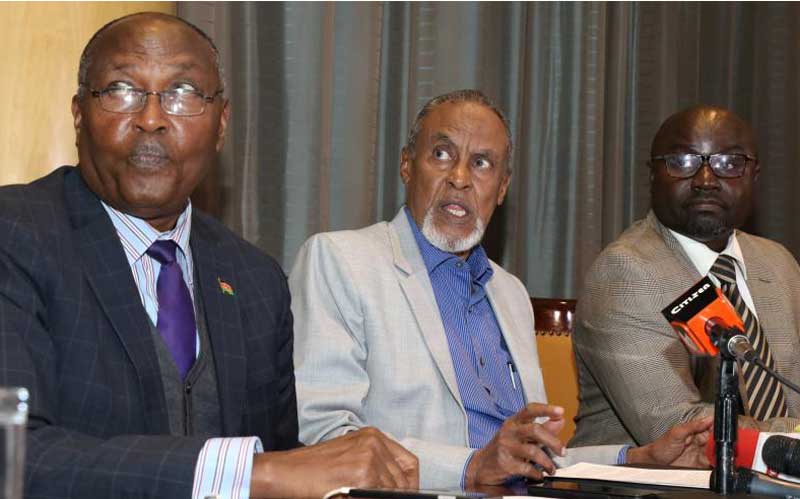×
The Standard e-Paper
Smart Minds Choose Us

Despite submitting themselves to the process, the country's top judges called the bluff of Building Bridges Initiative (BBI), almost falling short of accusing them of purporting to reinvent the wheel.
In their submissions exclusively obtained by the Sunday Standard, the Judicial service Commission (JSC) says the issues BBI is purporting to deal with are not new to the country.